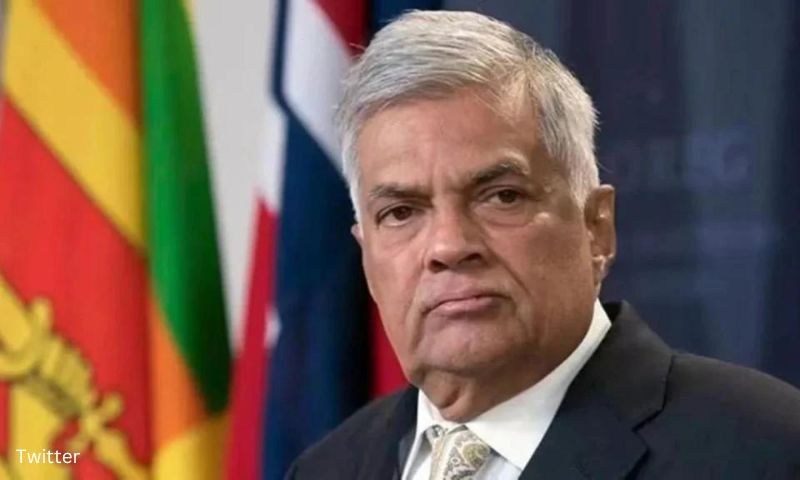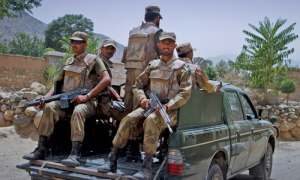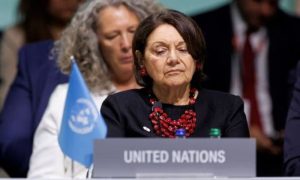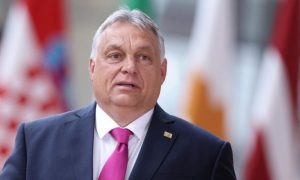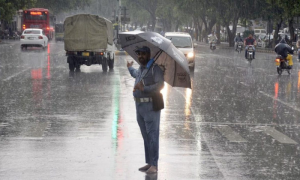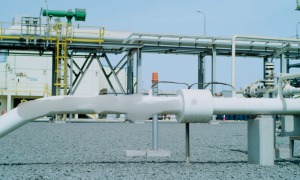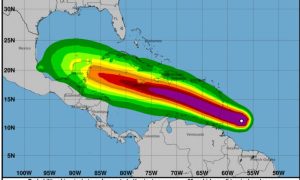COLOMBO: Sri Lanka said on Wednesday that it has concluded negotiations with key bilateral lenders, including China, paving the way for a significant restructuring of up to $10 billion in debt. This landmark agreement marks a critical step towards economic recovery following the country’s severe financial crisis in 2022.
President Ranil Wickremesinghe addressed the nation in a televised speech, delivering the news of the restructuring deal which includes a moratorium on repayments until 2028. He expressed gratitude to the Official Creditor Committee (OCC), comprising nations like Japan, the United States, Canada, and several European countries, whose support was instrumental in reaching the agreement.
“We have won,” Wickremesinghe declared in English, amid celebrations in the capital Colombo where supporters marked the occasion with firecrackers and distributed milk rice.
The deal with the OCC was finalized in Paris, while a separate agreement with the Exim Bank of China was signed in Beijing on the same day, highlighting the global scope of Sri Lanka’s efforts to stabilize its economy.
Sri Lanka defaulted on its foreign debt obligations in April 2022 after facing a severe shortage of foreign exchange reserves. The ensuing economic turmoil forced former President Gotabaya Rajapaksa to resign, ushering in a period of financial restructuring under Wickremesinghe’s leadership.
“The nation was bankrupt when I took over almost two years ago,” Wickremesinghe remarked.
The $2.9 billion bailout secured from the International Monetary Fund (IMF) last year was a pivotal lifeline, contingent upon comprehensive debt restructuring and economic reforms. Wickremesinghe has since implemented stringent measures, including tax hikes, removal of energy subsidies, and plans to privatize state-owned enterprises to bolster government revenue.
Despite the progress made with bilateral creditors, negotiations with international bondholders remain unresolved following a previous stalemate in April. Sri Lanka’s ability to secure commercial loans hinges on reaching an agreement with private creditors.
The restructuring deal is expected to revive stalled infrastructure projects, such as an airport expansion funded by Japan and a new mass transit light rail system in Colombo, aimed at stimulating economic growth and development.
However, challenges persist as demonstrated by ongoing protests in Colombo, where thousands of government school teachers demanded higher wages. Police responded with water cannons and tear gas to disperse the demonstrators, highlighting social tensions amidst the economic restructuring efforts.
Looking ahead, Sri Lanka faces a presidential election later this year, with opposition parties vowing to revisit the terms of the IMF bailout. IMF officials have expressed openness to alternative proposals while emphasizing the importance of adhering to agreed-upon economic benchmarks.
“Sri Lanka has made significant progress, but challenges remain,” said IMF’s Sri Lanka mission chief Peter Breuer, cautioning that sustained reforms are necessary to ensure long-term economic stability.









